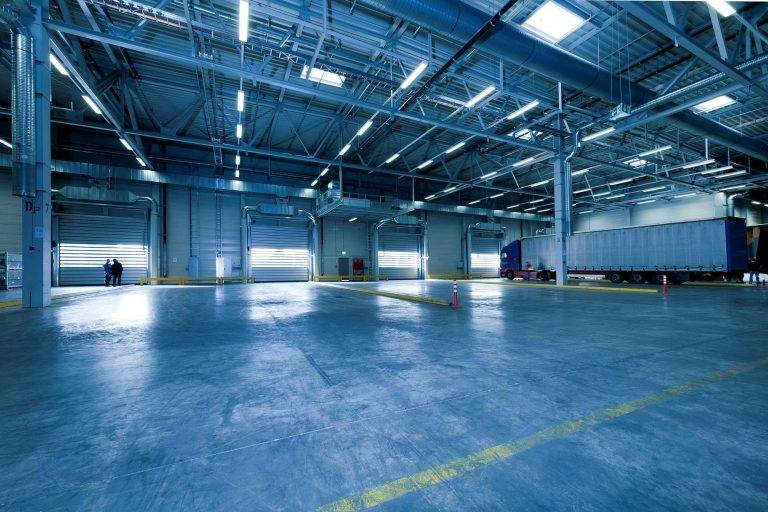What is Insolvency
Insolvency in South Africa refers to a situation where a company has accumulated too much debt and either lacks sufficient assets or liquidity to settle it. If a company is insolvent, it must take appropriate steps to address the situation, such as initiating business liquidation or finding alternative solutions.
A company can be insolvent in two ways:
- Factual Insolvency
- Commercial Insolvency
Understanding these two forms of insolvency is essential for determining a company’s financial health and the appropriate action to take.
What is Factual Insolvency
Factual insolvency, also referred to as “balance sheet insolvency,” occurs when a company’s liabilities exceed its assets on its balance sheet. This means that the total value of the company’s assets, when fairly valued, is insufficient to cover its liabilities.
Example:
Consider a company with assets valued at R1 million and liabilities of R1.5 million. The company must pay its debts by the end of the month but lacks the cash flow to do so. This scenario demonstrates factual insolvency—the company’s liabilities exceed its assets, making it financially distressed.
When a company is factually insolvent, it may need to consider business liquidation advice to explore solutions for addressing its financial crisis.
What is Commercial Insolvency
Commercial insolvency, also known as “cash flow insolvency,” arises when a company cannot pay its debts as they become due in the ordinary course of business, even if its assets exceed its liabilities. While the company may be factually solvent, it faces liquidity challenges that prevent it from settling short-term obligations.
Example:
A property development company owns land valued at R100 million and has liabilities of R80 million. However, the company must pay R5 million in debt at the end of the month, but it does not have the liquidity to do so. This situation illustrates commercial insolvency—the company has valuable assets but lacks the cash flow to meet immediate debts.
In cases of commercial insolvency, the company may need to seek business liquidation advice or assistance if liquidity issues cannot be resolved.
Difference between Factual and Commercial Insolvency
The primary difference between factual and commercial insolvency lies in the company’s financial capacity:
- Factual Insolvency focuses on the balance sheet, where liabilities exceed assets.
- Commercial Insolvency emphasizes cash flow, where assets exceed liabilities, but liquidity is insufficient to meet immediate debts.
How Does Liquidation Work
Insolvent companies—whether factually or commercially insolvent—can pursue liquidation in South Africa. The liquidation process begins once the directors and shareholders decide to liquidate voluntarily or a creditor initiates compulsory liquidation.
How Does Liquidation Work
Voluntary liquidation can be initiated by directors and shareholders. It may proceed through:
- The Companies and Intellectual Property Commission (CIPC): This method is faster and more cost-effective.
- The High Court: A court application is lodged to begin the liquidation process.
When Do you Liquidate a Company
A creditor may apply for a court order to liquidate the company if debts remain unpaid. This method is only available through the High Court.
Section 22 of the Companies Act places an obligation on directors to liquidate a company promptly if it is insolvent. Continuing to trade under insolvent circumstances could expose directors to personal liability for the company’s debts due to reckless trading.
What Happens After Liquidation
Once a company is liquidated, a liquidator is appointed to manage the winding-up process. The liquidator assumes control from the directors and oversees the following:
- Selling company assets
- Settling creditor claims
- Handling the legal and administrative tasks required by the Insolvency Act
After the liquidation process is complete, the company is deregistered by the Master of the High Court and ceases to exist.
Conclusion
Whether your business is factually or commercially insolvent, liquidation may offer a structured solution to settle debts and address financial distress. As experienced commercial attorneys with over 17 years of specialization in liquidations, we are here to guide you through the liquidation process and ensure your company’s position is handled with care.
Do not delay—consult our expert liquidation services today. Acting sooner can help you avoid further risks and complications.



